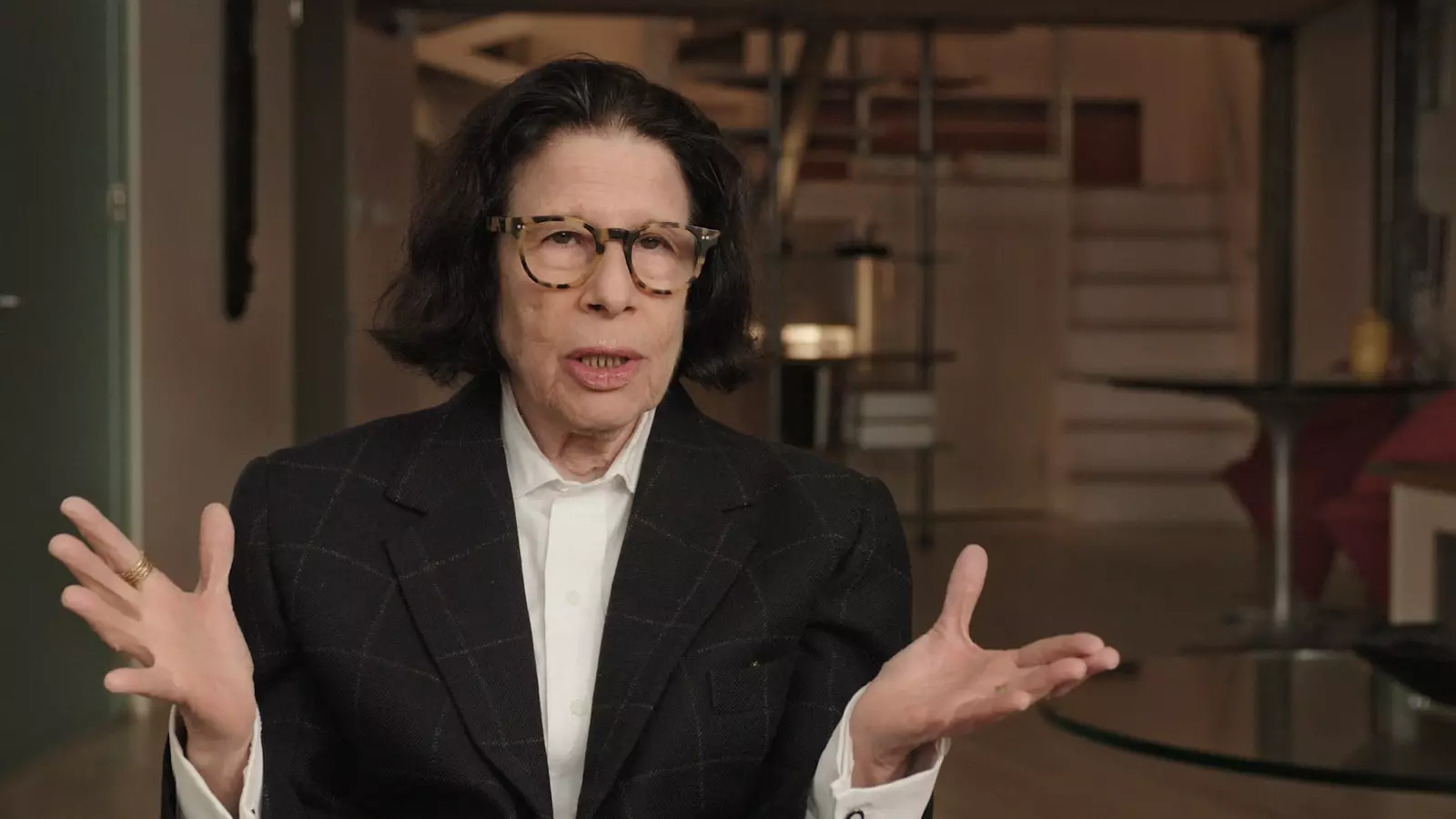
Our friend Fran.
Between the end of the 19th century and the middle of the last century, in the blocks that comprised more or less between Fourth Avenue, Astor Place, Broadway and Union Square in Manhattan, there came into existence about 50 bookstores. The area was called The Book Row. They were mainly old and second-hand book stores. Some very small, run by booksellers who, as he explains Fran Lebowitz (long live!) in the documentary New York Booksellers, they were not there to sell a book. "They were short, dusty Jews who would get mad if you wanted to buy a book," she says laughing to add that if she were a bookseller it would be the same. Those men, because they were all men, they were there because they loved books and they wanted to spend their day and their life reading and searching and finding new old books.
Today, in those blocks, there is nothing left but Strand Book Store, which is not little. literary temple of the city, a multi-story paradise where you know when you enter but not when you leave, trapped between a maze of packed shelves and very personal recommendations from employees and famous customers. But even now, with the pandemic, Strand is in danger.
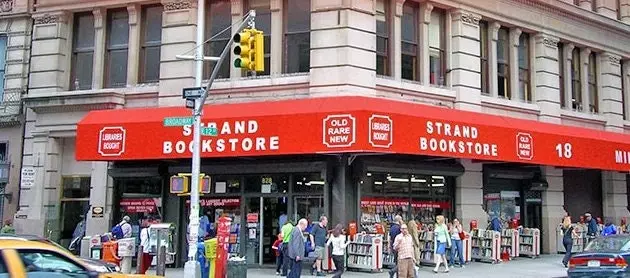
Two million second-hand books.
Director D.W. Young launched the documentary New York Booksellers precisely because the danger to bookshops, booksellers and books in the city, yes, but also throughout the world. He has linked it to Manhattan because American literary culture continues to resist there (although he makes some jumps to London and New Jersey), but we suppose that his thesis can sadly be extended to the rest of the world: the trade of bookseller and even the book as an object are in extinction.
“I loved walking around New York and going into these bookstores and browsing. They were part of the city's culture." says the actress Parker Posey, She who was first asked to be the narrator of the film and she ended up being an executive producer so she was moved by the film.
New York Booksellers is a walk through some of the bookshops, the few that still exist there. What Argosy, a unicorn from the old book. Run today by three sisters who are surprised when people enter their store to take photos, as if they were entering a medieval temple, something already gone. Adina, Naomi and Judith they know they are lucky, the three of them inherited the business from their father who had the vision to buy the building on 59th street where they are located. Rising rents in a Manhattan that has not stopped revaluing itself since the 60s (although we will see what happens now after the pandemic) is what has killed and continues to kill the rest of her companions.
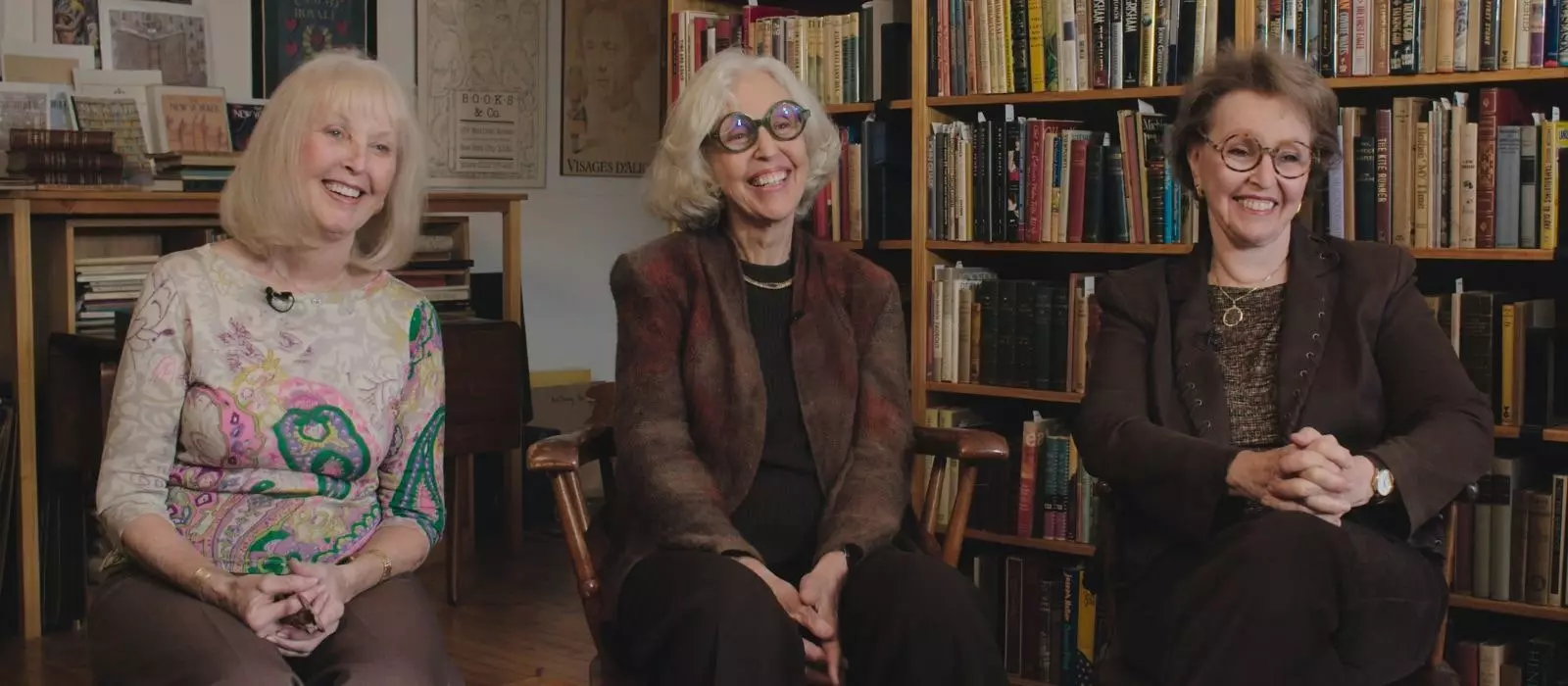
The owners of Argosy.
Few remain. The documentary also summarizes the history of Strand, but, above all, decides to follow the protagonists, the heroes, the survivors, the booksellers, those treasure hunters who still dedicate their lives to the hunt for special editions, unique, rare, unique copies, fighting against the dangerous democratization that the Internet has created of a job that, according to them, did not consist in owning the book, but in pursuing it, searching for it, the ecstasy of finding it. Now, as it says, Dave Bergman, "the smallest bookseller with the biggest books", it all boils down to having a computer and a thriving credit card. Before, the mystery consisted of going through the hundreds of bookstores in New York and other cities. Organize your trips and roadtrips around a title or an author.
That happened to Caroline Schimmel, one of the largest collectors in the world of books written by women about women. She made her collecting hobby a vital objective that has turned out to be key to the rewriting of literature from a gender point of view.
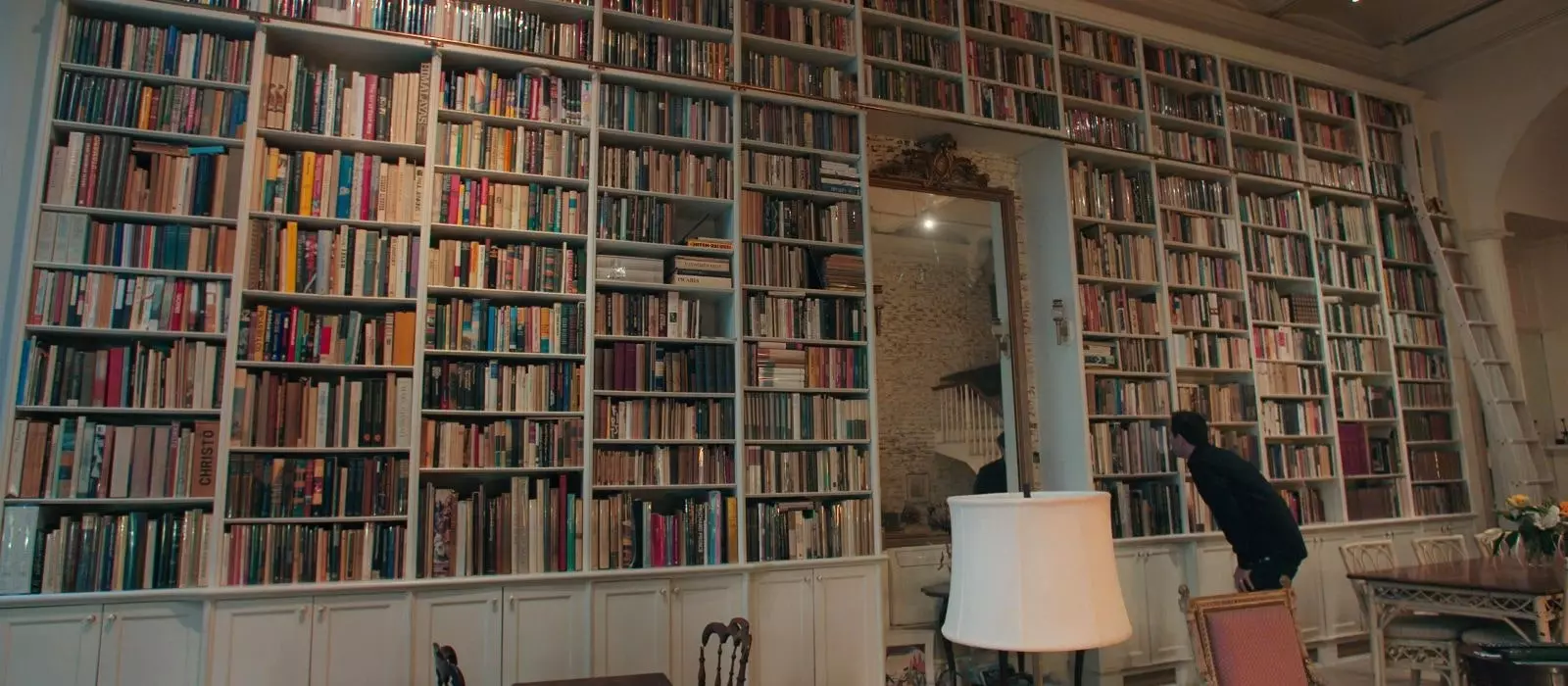
If you also dream of this library...
The documentary does it very well. It goes from one protagonist to another. From small booksellers to representatives of the sector at auctions, like Stephen Massey, founder of the book department at Christie's and who still holds the record for the most expensive book, the Hammer Codex, of Leonardo da Vinci who bought Bill Gates for $30 million.
The film's operations center is the antique book fair held annually at the Armory in Manhattan. Another ember of the trade that still resists. Not only do these experienced booksellers walk there, already somewhat soured, there is also fresh blood. People like Heather O'Donnell or Rebecca Romney who convey hope. That they are convinced that the book as a precious and precious object will not disappear. The appearance of new independent bookstores in the city (Books are Magic, Left Bank Books) also confirms it. And Lebowitz, that inveterate and recognized complaining pessimist, shares it: "One of the few good things you see on the subway is that the people reading are in their twenties."
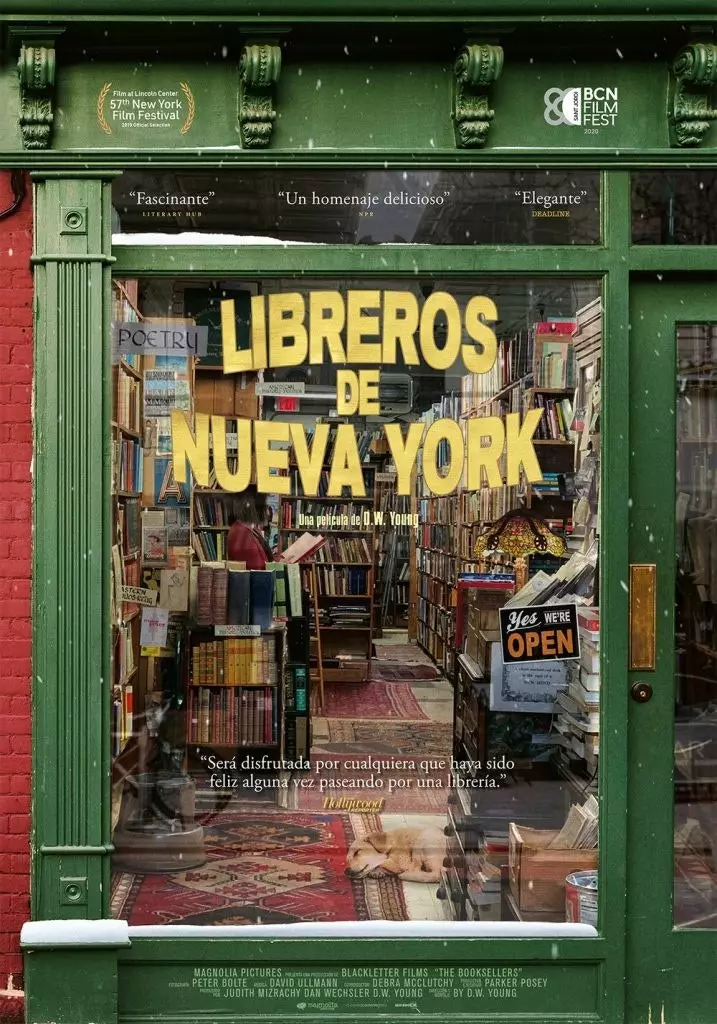
New York Booksellers
